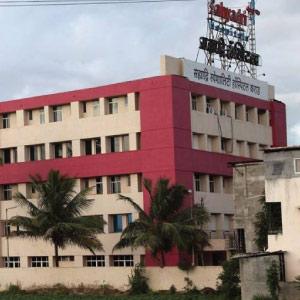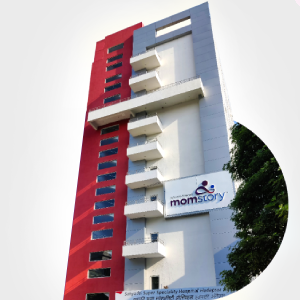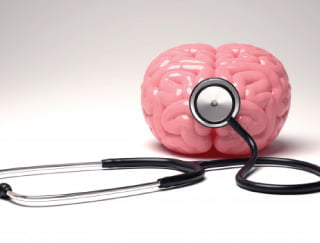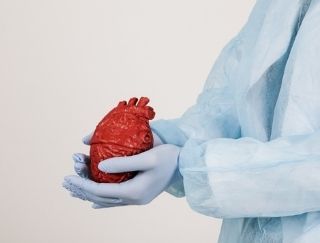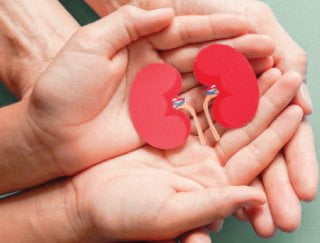
Overview
When your kidneys are not working properly, the extra fluids and waste build up in your body. One way to treat this problem is dialysis, but if it fails, your doctor may suggest you go for a kidney transplant. Despite being the last resort, it gives you more freedom with your daily routine. And the good news is, the survival rates are higher after a kidney transplant than continuing with dialysis.
Yet, it is a very crucial surgery. Here’s what you need to know to help you make the right call.
Quick Facts To Read Under Kidney Transplant
What is a kidney transplant?
In a kidney transplant surgery, a healthy kidney is placed from a deceased or living donor into a person whose kidneys are no longer functioning.
Kidneys are two bean-shaped organs present on each side of the spine, below the ribs. Each kidney is almost the size of a fist. The kidneys’ main function is to filter the waste and remove unnecessary fluid and minerals from the blood through urine.
What is end-stage kidney disease?
When your kidneys lose the ability to filter waste, the very harmful levels of waste fluid accumulate in your body, which elevates your blood pressure and results in kidney failure (end-stage kidney disease). End-stage renal disease is seen when the kidneys lose 90% of their function.
Here are some of the reasons for end-stage kidney disease:
- Diabetes
- Chronic, uncontrolled high blood pressure
- Chronic glomerulonephritis — an inflammation and eventual scarring and inflammation of the tiny filters present in your kidneys (glomeruli)
- Polycystic kidney disease
To stay alive, it is crucial for those with end-stage renal disease to remove the waste from their bloodstream, and this is done by a machine (dialysis) or a kidney transplant.
What is the best treatment option available for End-Stage Kidney Disease (ESKD)?
The number one option for ESKD is kidney (Renal) Transplantation due to the below reasons:
- Improved survival
- Better quality of life
- Cost-effective
- High success rate
Who needs kidney transplantation?
A special assessment is done on the following patients:
- Old age
- Major lung, liver, or heart disease
- Chronically ill patients like HIV positive patients
- Psychiatric Illness
Who can donate kidneys?
Living Donors
Indian Law permits the near ones of the patient to donate organs. Spouse, siblings, daughters, sons, parents & grandparents are all treated as near relatives.
If a family member cannot donate a kidney due to the difference in blood group and if another pair is having the same issue, the donors are exchanged/swapped for kidney transplantation. This is called a Swap Transplant.
The doctors will properly assess living donors. The donors need to have excellent mental and physical health and be free from underlying conditions like diabetes, uncontrolled high blood pressure, HIV, cancer, hepatitis, & organ diseases that are related to the kidney, lungs, liver, pancreas, and intestine.
The living donors must be above 18 and compatible with the recipient/transplant candidate. The donors are also assessed from psychosocial and medical aspects.
Deceased Donor/Cadaver Donor
A person who is brain dead is considered a deceased donor. In addition, a person is also declared dead when the brain is dead, but the heart is still in function. At this stage, the heart is expected to function for hours or days. In this period, with the family consent, various tissues and organs and tissues can be utilized for transplantation purposes.
What is the success rate of kidney transplantation?
Overall, the kidney transplant success rates are excellent. For example, transplants done from deceased donors have up to 85 to 90% of success rate for the first year, so after one year, 85 to 90 out of 100 kidney transplants will still be functioning well.
Living donor transplants have a 90 to 95% higher success rate. There is no age barrier as long-term success is great for people of all ages
What if the donor’s blood group does not match the recipient/transplant candidate?
If the donor’s blood group doesn’t match, then three options are considered for such patients:
- Blood group Incompatible transplantation (ABO)
- Living Donor Paired kidney exchange (LDPE)
- Deceased donor (cadaver) donor listing
What can kidney donors expect?
The procedure for the person who is donating the kidney is the same as for donors with blood group compatibility. The special treatments are only done for patients receiving the transplant.
What Happens During Surgery?
A typical kidney transplant surgery takes about 3 to 5 hours. You will be kept under anaesthesia, so you are asleep throughout the surgery. Once you’re “under,” the surgeon makes an opening just above your groin in your abdominal area.
Your kidneys are not taken out unless they’re causing pain or are infected, but the kidney from the donor will be placed inside your abdominal cavity. Then, the surgeon will connect your bladder to the ureter (the tube that carries urine from the kidney).
The opening will then be surgically closed with sutures/stitches. A small drain may be inserted in your abdomen to get rid of extra fluid buildup during the surgery. Later, your surgeon will insert a tiny tube/stent into your ureter for urination that can be removed after 6 to 12 weeks.
What is the recovery period?
After the surgery, you can get out of bed and walk around in a day. However, most people need a hospital stay of 5 days or fewer.
Although you should start to feel much better in about two weeks, you won’t be able to drive or lift heavy objects for about a month. So your doctor will probably advise you to take off work for 6 to 8 weeks.
As the donor’s kidney is a foreign object to your body, you’ll need to take a special medication every day to stop your body from rejecting it.
Is it expensive?
The cost of kidney transplant surgery is minimal. It remains the same everywhere, except that the cost of the plasma exchange procedure is added that needs to be calculated based on the number of antibodies present in the transplant candidate’s body.
Why choose Sahyadri Hospital?
Our Urology & Nephrology department is one of the best dialysis centres in the country. It has an exclusive renal transplant program that has been conducted for both living and cadaveric transplants.
In addition, our transplant unit also integrates, addresses, and analyses the overall health concerns of all our transplant patients and their families.
Patient Feedback
Centres of Excellence
Sahyadri Hospital Locations
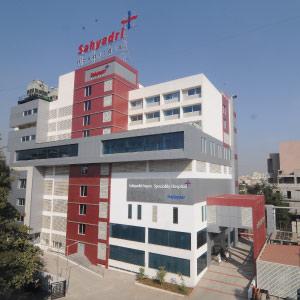
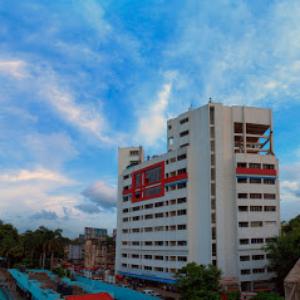
Plot No. 30-C, Erandvane, Karve Rd, Deccan Gymkhana, Pune – 411004
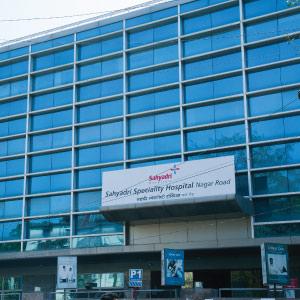
Near Hermes Heritage, Nagar Rd, Shastrinagar, Yerawada, Pune – 411006
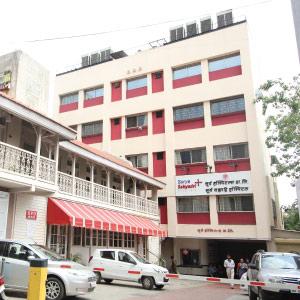
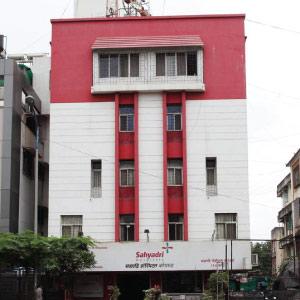

Neena Co-op. Housing Society, Plot No. 9-B, Lokmanya Colony, Kothrud, Pune – 411038
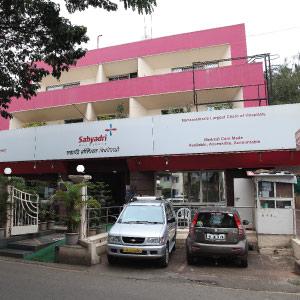
Plot No. 13 S. No. 573, Swami Vivekananda Marg, Bibwewadi, Pune – 411037
